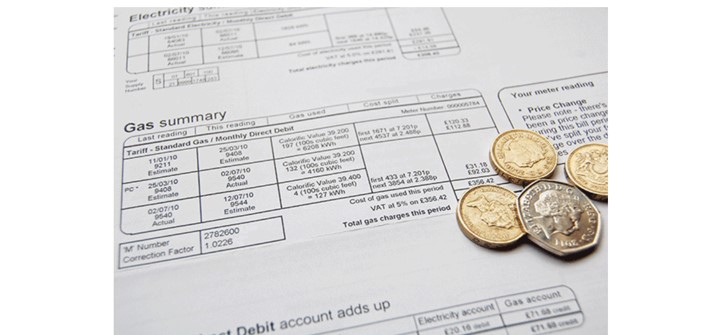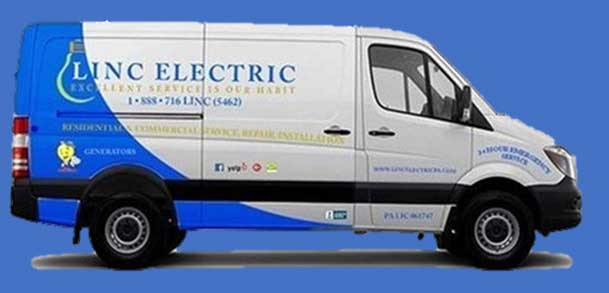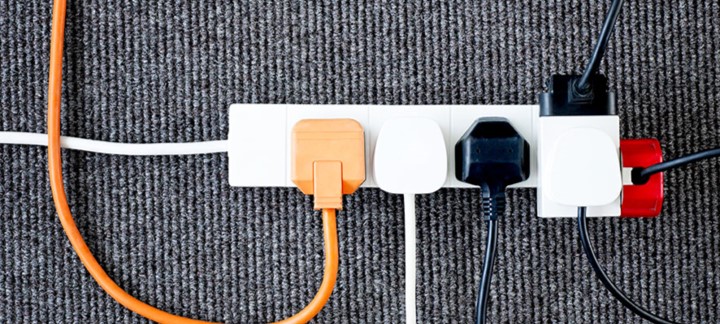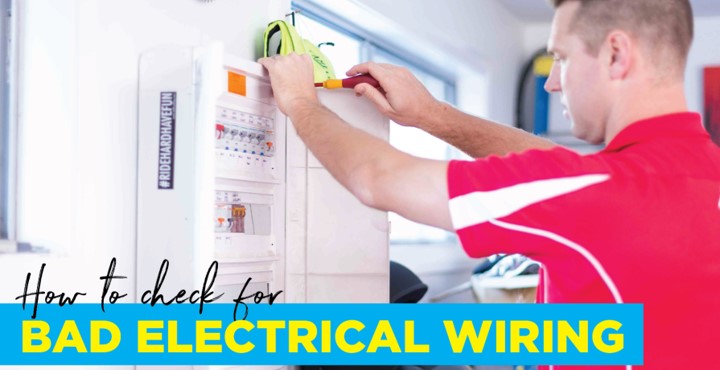How to Keep Your Utility Bills Down

We’ve all been there; the sudden realization that almost half the paycheck is going towards utility bills. It can be tricky to lower costs around the house, but not entirely impossible. With the right strategies and a bit of commitment and willpower, you can cut down on your bill without having to make any great sacrifices.
So if you’re looking for ways to keep that utility bill down, here are some simple hacks to make water, heating, cooling, and lighting more efficient than ever.
General tips
First things first – if you don’t know how and when your home uses electricity most, then it’s impossible to make smart decisions that will lower your bills. So you need to get familiar with how to measure your home’s energy usage. •Get to know your electricity bill and read the fine print. Make sure you understand everything that you’re being charged for. Sometimes, and especially if your bill is based on estimated use, there is a chance of overcharge. •Familiarize yourself with the electricity meter and make a note of it every three months. Keep a record and notify the power company of any discrepancies. •Compare what they’re charging you with now with the bill from last year. •Keep track of which season tends to be the most expensive for your household, so you can focus on the appropriate appliances and areas, making changes where necessary.
After you’ve pinpointed where the problem is, it should be easier to know where to focus. However, there are also some must dos you should implement if you want to keep your costs down: •Make sure all windows and vents are closed if you wish to heat the house. •Turn lights off always when not using them. •Unplug chargers and electronic devices when not in use. •Open your curtains during the day and close them during nighttime, and make sure blinds fit properly on your windows.
Water
The best and probably most efficient thing you can do to save water is to install your own rainwater system (tank and filter). Just like solar panels, the upfront cost is high, and it will take some time to be ready, but it is worth it in the long run. The brighter side: no more dealing with utility companies!
Other tips to save water and use it efficiently around the house are: •Take shorter showers; try not to stay in the shower for more than 5 minutes. By doing this, you can save between $150 – $500 per year. •Change the showerheads. Nowadays, you can easily find water efficient showerheads, designed to to save water and approved by Water Australia. You could cut around $250 of your water bill by installing one of these. •Water the garden in the morning rather than the middle of the day, which is when water dries up quickly. •For the dishwater, use the economy cycle for everyday washing, and only run it when it’s full.
Gas
To save on gas, use a tankless water heater, which heats water instantly, while saving money. Most Australian houses still use a water heater tank that is always constantly lit with gas , every day of the week; which obviously gets expensive over the course of a year.
Electricity
Amongst water and gas, electricity is probably the most expensive utility to pay. Reaching the perfect temperature for your house is important for many people, however it can end up costing a lot.
Some of things you can do to save electricity are:
1. Climate control
•Turn the heat or air-con off if you’re not at home. If it must be an ideal temperature when you get home, then just set it at the ideal temperature but at a low setting. You can even get programmable systems with timers that will do this for you. •At nighttime, try to keep the heating system off. It won’t harm you to use some extra blankets and covers to keep your bed warm, and it will go a long way, saving you at least 8 hours of power. It is also better for the respiratory system to sleep in a colder environment, rather than an excessively warm one. •Get your air-con and heating system checked regularly, before every cold or hot season. Any irregularity can spike your bills significantly. •Think about insulating your roof. An insulated ceiling makes a big difference in your energy bills. It should be rated R3.5 or more to be effective.
2. Washing and drying
•When washing clothes, always do so with cold water. Set the washing machine to use exclusively cold water, which is better for the garments anyway. •For the dishes, if using the dishwasher, set the water to a lower temperature, and if washing them in the sink, try to use cold water. •It is also a good idea to lower the water temperature for showers. We’re not saying have cold showers – just don’t set the temperature too hot. You could also just reduce the temperature of your hot water system so that excess energy is not being used.
3. Lighting
•Switch to LED or CFL light bulbs. A bit more expensive upfront, but very convenient in the long run, these type of bulbs will save you tons of money in electricity bills. They use less energy, which makes them safer, and operate very efficiently. •Use LED Christmas lights around the house. They are becoming quite popular in Australia as they not only look cute, but you can be sure they’ll help you save up to 80% on your electricity bill, as they are power-friendly.
4. Appliances and electronics
•Replace all old appliances, including fridges and freezers, with Energy Star-certified electronics. For dryers and laundry machines, choose High-Efficiency (HE) ones, designed to use less water and electricity while cleaning just as well. •The fridge is probably the most expensive appliance to run inside the house. Make sure the door is always properly closed, that the temperatures are not too low and that you never place extremely hot food inside them. Rather, let it cool down outside, and then place it inside the fridge. •When cooking, try to use the microwave rather than the electric oven as it uses much less electricity. If using the stove, place lids on top of the pots to reduce cooking time.
5. Go green
Finally, the last thing we can advise you to do is to be a part of a brighter future and go green. It may sound complicated and expensive, but if you do the research, you might surprise yourself. Installing solar panels is becoming more and more popular in Australia, and it’s hard to argue its benefits, so consider making the investment. It may save you lots of money while also helping the planet!







